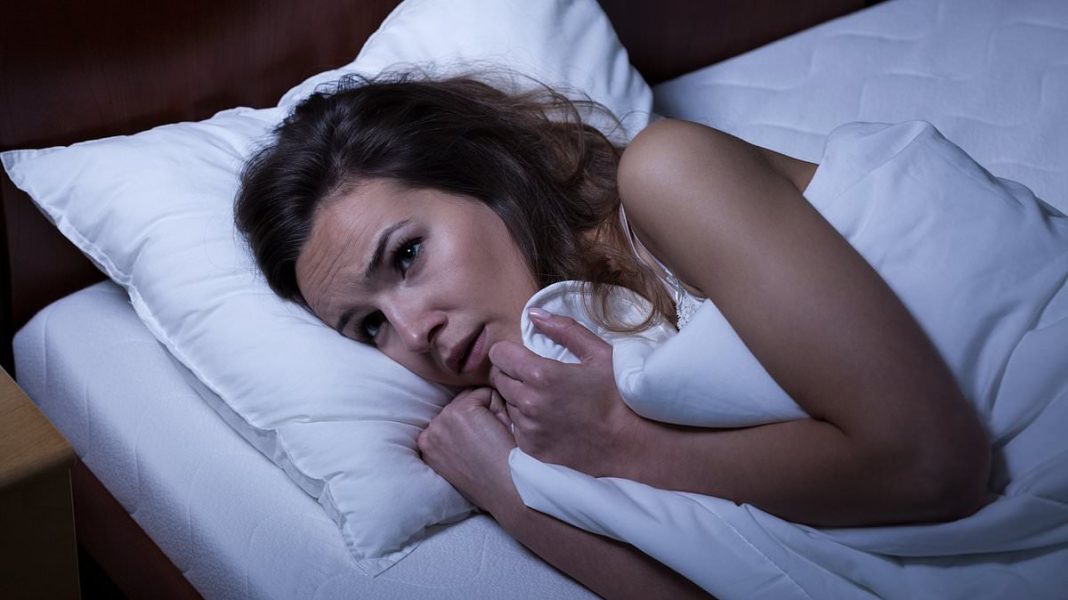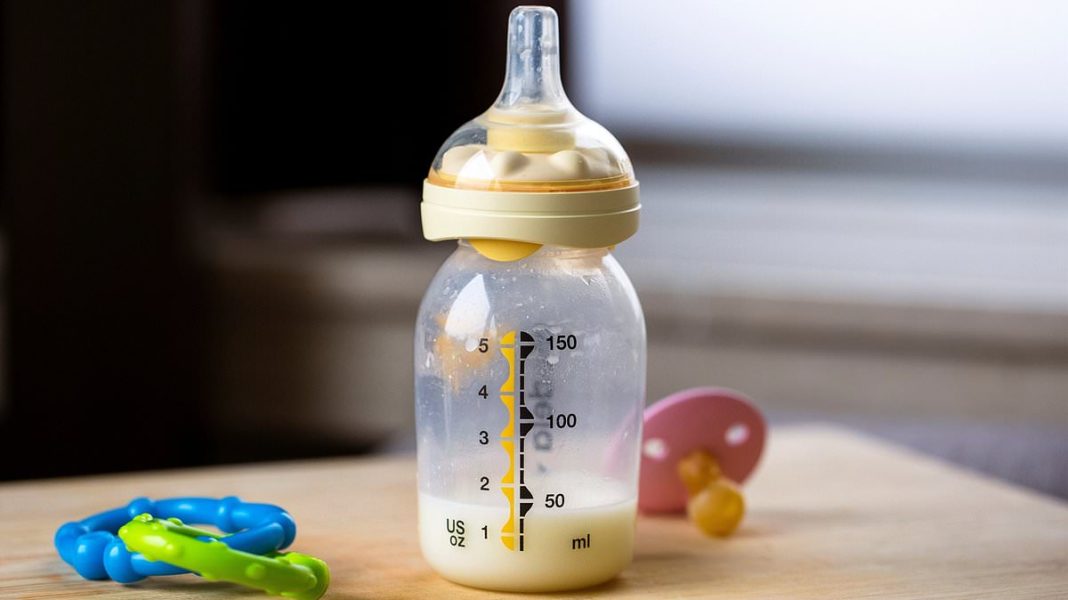The common sleep problem that TRIPLES the risk of dying early,
Suffer from regular nightmares? You could be three times more likely to die a decade earlier than the average person, a new study has suggested.
Weekly nightmares were also found to be a stronger indicator of an early death than smoking, obesity, poor diet, and little physical activity.
Children and adults with frequent nightmares also showed faster biological ageing, which accounted for approximately 40 per cent of the explanation for the increased risk of early death.
Even monthly nightmares were linked to faster ageing and increased mortality, compared to those who rarely or never have them.
The scientists behind the study, from Imperial College London, said the link is likely due to the harmful effect of disrupted sleep and nightmare-induced stress on our body’s cells.
Dr Abidemi Otaiku, a brain science research fellow at Imperial College London (ICL), who led the team, said: ‘This stress reaction can be even more intense than anything we experience while awake.
‘Our sleeping brains cannot distinguish dreams from reality.
‘That’s why nightmares often wake us up sweating, gasping for breath, and with our hearts pounding—because our fight-or-flight response has been triggered.’
He added: ‘Nightmares lead to prolonged elevations of cortisol, a stress hormone closely linked to faster cellular ageing.
‘They also disrupt sleep quality and duration which impairs the body’s ability to repair itself and restore cells throughout the night.’
Dr Otaiku shared ‘simple measures’ the public can take to prevent nightmares in the first place.
‘Avoiding scary movies, maintaining good sleep hygiene, managing stress, and seeking treatment for anxiety or depression can be effective,’ he advised.
He also recommended a special type of psychological treatment called image rehearsal therapy.
This involves re-writing and rehearsing a nightmare into a less frightening version and can be done from your own home.
But those suffering from frequent night terrors that affect their quality of life may benefit from seeing a sleep specialist, he added.
In particular, he suggested trying another type of talking therapy for insomnia called CBT-I, which has been shown in studies to both reduce nightmares and slow the ageing of brain cells.
The technique aims to help people with insomnia address underlying thoughts and behaviours that contribute to sleep problems.
Recent studies have shown a lack of sleep increases risk of heart disease, obesity, and death by 83 per cent, 82, per cent, and 40 per cent, respectively.
But the researchers from Imperial and the Dementia Research Institute in London are the first to show nightmare frequency is an indicator of an early death.
The team analysed data from 2,429 children aged eight to 10 and 183,012 adults aged 26 to 86 over a period of 19 years.
Nightmare frequency in adults was self-reported at the start of the study, with participants followed for up to 19 years.
Childrens’ nightmare frequency was reported by their parents at the beginning of the study.
The team’s findings were presented at the European Academy of Neurology (EAN) Congress 2025, on June 23.
They revealed that those who reported an average of one nightmare a week, over the course of a decade, were three times more likely to die before the age of 70 compared to those without night terrors.
The average man in England will live to around 78.8 years, and women 82.8, according to the latest data.
The new findings follow a recent study that revealed daytime napping was linked to a higher risk of early death.
The discovery was made by researchers who tracked the sleep habits of more than 86,000 healthy middle-aged adults.
They found that those who regularly napped—particularly in the early afternoon—were more likely to die prematurely than those who did not.
The study, presented at the SLEEP 2025 conference, found the risk of death rose by up to 20 per cent among frequent nappers.
Experts said daytime sleepiness may be a warning sign of disrupted or poor-quality night-time rest, and could point to underlying health problems such as sleep disorders, dementia, or heart failure.
Professor James Rowley, from Rush University Medical Center in Chicago, who was not involved in the research, said the findings should influence how doctors ask patients about sleep.
‘The major take-home message is that if a doctor asks about a patient’s sleep habits, they should also be asking about napping,’ he told Medscape Medical News.
‘In other words, doctors should be asking their patients, “do you nap in the day?”‘






